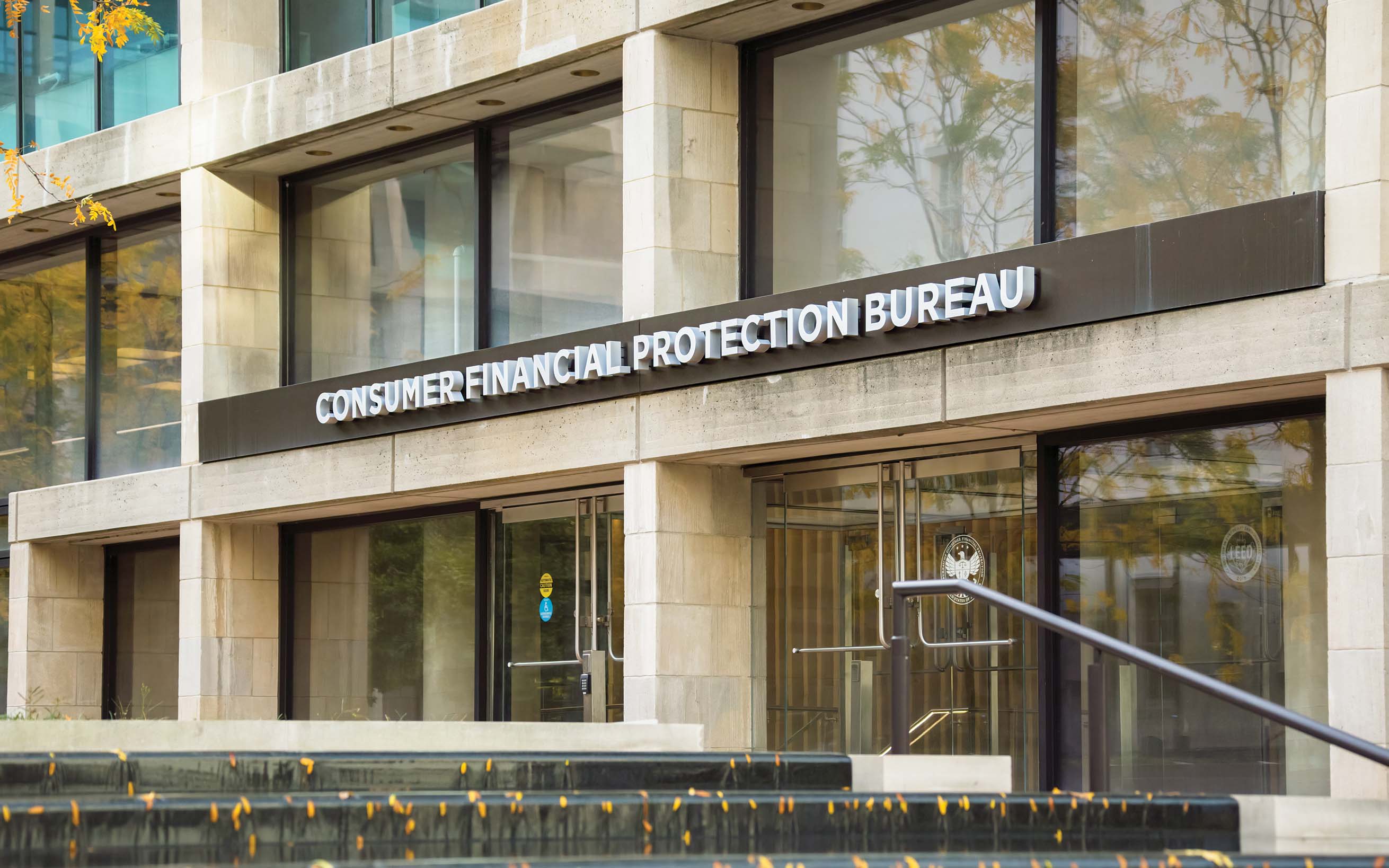The five-year Farm Bill is set to expire later this year. ICBA is lobbying Congress in the reauthorization with six important provisions.
Mark Scanlan: Speaking out for rural America in the new Farm Bill
April 27, 2023 / By ICBA
The five-year Farm Bill is set to expire later this year. ICBA is lobbying Congress in the reauthorization with six important provisions.
Farming and ranching has never been the easiest life. Bad weather and fluctuating commodity prices are a constant challenge. Today, rising supply costs, inflation and interest rates make it even more difficult.
Communities built on agriculture need strong financial partners—and community banks have embraced that role. Community banks supply more than 80% of farm real estate debt and approximately 75% of operating debt from the banking industry, frequently helping young, beginning, and small (YBS) farmers and ranchers.
With the five-year Farm Bill set to expire at the end of September, ICBA is lobbying Congress for provisions in the 2023 reauthorization that will help rural America navigate challenging economic conditions while bolstering community banks’ ability to continue to provide essential credit.
Six priorities for rural America
ICBA’s six key provisions include:
Provide ample funding. The new farm bill must continue to provide a robust commodity price safety net while boosting rural broadband capabilities and upgrading USDA technology to make it more efficient to serve customers’ online loan applications and other needs.
Maintain a strong crop insurance program. To withstand severe weather events, producers need funding for sound risk management tools and a strong crop insurance program so they can repay loans and maintain access to credit.
Enhance USDA guaranteed loan programs. Rising costs require an increase on loan limits on USDA guaranteed farm loans to $3 million for ag real estate and higher limits on ag production loans. Paperwork and application processes for farm and rural development loans should be streamlined. There should be sufficient funding to meet borrower demand, including for YBS farmers and ranchers. USDA direct loans should complement but not undercut guaranteed loans made by private-sector lenders.
Stop Farm Credit System (FCS) expansion. ICBA opposes expansion of the FCS into nonfarm lending. Speedy and broad approvals in this area would undercut taxpaying community banks, threatening their viability and, by extension, access to credit in rural America without proving a lack of credit exists.
Continued community bank access to general credit programs. The farm bill should maintain community banks’ ability to serve rural America with access to all general financing and credit assistance programs. The government should not subsidize the competitive advantages of privileged, nonbank competitors.
Reduce regulatory burden and ensure fairness. Federal agencies should be required to implement programs fairly and equitably for all stakeholders while reducing the regulatory burden, which is one of the leading causes of bank consolidation. This includes equalizing tax treatment for all rural lending, including for credit unions, which are currently exempt from taxation. Meanwhile, FCS lenders’ effective tax rate was only 2.3% in 2021, unfairly allowing FCS lenders to undercut the loan rates banks offer to the same customers for the same loan terms. Tax disparities like this have contributed to community bank consolidation, threatening small and rural communities, especially as credit unions increasingly buy community banks.
Fostering greener “ACREs”
In addition to the passage of the farm bill reauthorization, ICBA is advocating for legislation to address some of these inequalities. The Access to Credit for our Rural Communities Act of 2003 (ACRE) would create a tax exemption for banks to lower interest rates to borrowers for farmland loans and residential mortgage in communities of 2,500 or less.
This critical legislation would create opportunities for:
Lower interest rates for farmers, ranchers and homeowners
Lower borrowing costs for refinancing or acquiring farms, ranches or homes in rural communities
Greater flexibility for community banks when working with farmers and ranchers having trouble servicing their debt or who are YBS borrowers with little equity
A strong incentive for lenders to remain in the rural farming and housing markets.
ACRE’s provisions would boost local economic activity, strengthening America’s rural communities. In addition, ICBA is actively monitoring discussions of climate-risk policies to ensure any proposal will not adversely affect community banks’ ability to support their communities and customers.
How you can help
Effective advocacy takes the efforts of the entire community banking industry. ICBA makes that easier with our Grassroots Action Center. Community bankers can send pre-populated letters, download the latest position statements or reach out with questions about how to improve their advocacy efforts.
Community banks need to be a voice for rural communities. Make sure you’re reaching out to legislators and their key staff on the reauthorization of the Farm Credit Bill and ACRE.
Subscribe now
Sign up for the Independent Banker newsletter to receive twice-monthly emails about new issues and must-read content you might have missed.
Sponsored Content
Featured Webinars
Join ICBA Community
Interested in discussing this and other topics? Network with and learn from your peers with the app designed for community bankers.
Subscribe Today
Sign up for Independent Banker eNews to receive twice-monthly emails that alert you when a new issue drops and highlight must-read content you might have missed.
News Watch Today

Join the Conversation with ICBA Community
ICBA Community is an online platform led by community bankers to foster connections, collaborations, and discussions on industry news, best practices, and regulations, while promoting networking, mentorship, and member feedback to guide future initiatives.












